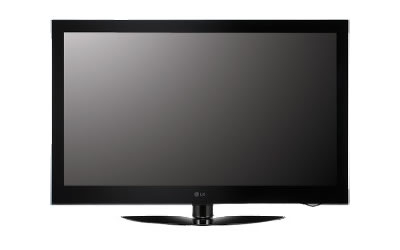Electrical Engineering as a Human Culture
This culture has the dream or purpose to create or reinvent electricity, electronics, and electromagnetism.
Electrical Engineering - Subcultures








Electrical Engineering - Data Collection
As an Electrical Engineer, please Login and provide research data on any of the following topics.
1. Government Agencies.
In preparing each faculty of knowledge to function constitutionally as an Arm of Government, we first need to specify or outline their boundaries. Please list as many offices, agencies, ministries, institutions, or parastatals presently in your region that you think fall under the authority, leadership, jurisdiction, legislation, or administration of the faculty of Electrical Engineering.
2. Licensing Rights.
The creation or invention of new products and services are the efforts of multiple faculties working collaboratively. However, in our new economic system design, conflicts arise as to which faculties should possess the rights of ownership to certain creations. For example. Should CELLPHONES fall under the licensing rights of Physics or Electrical Engineering? Should PLASTICS fall under the licensing rights of Chemistry or Materials Science? Should PHARMACEUTICALS fall under the licensing rights of Biology or Health Science? Please list as many services, gadgets, products, creations, or inventions that electrical engineers provide or offer presently in your region that you believe fall under the licensing rights of the faculty of Electrical Engineering.
3. The Future.
Assuming that the faculty of Electrical Engineering has just been granted ample funding and unhindered federal powers, please suggest a new idea, course of action, strategy, dream, innovation, or next-generation agency that electrical engineers could implement, establish, or research and develop towards achieving a utopia in your region.